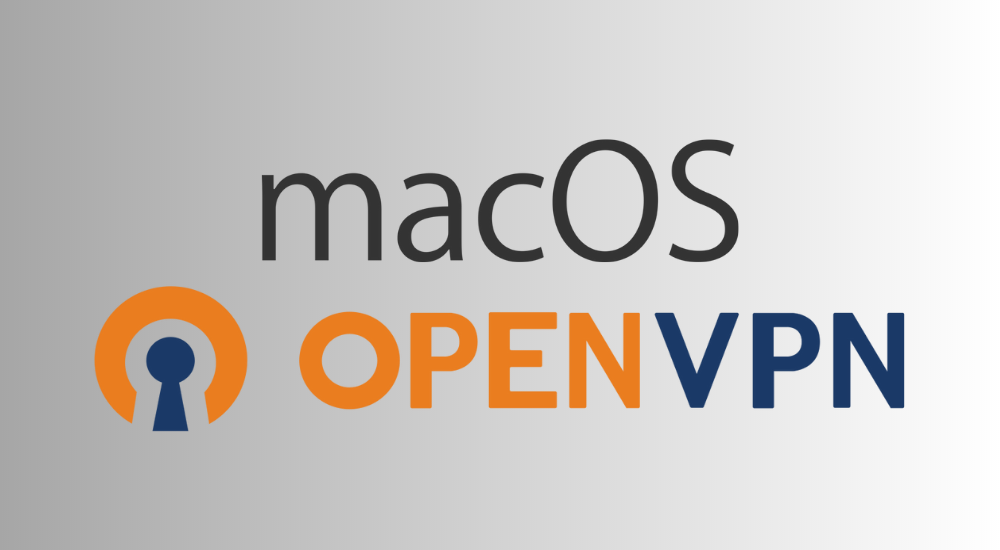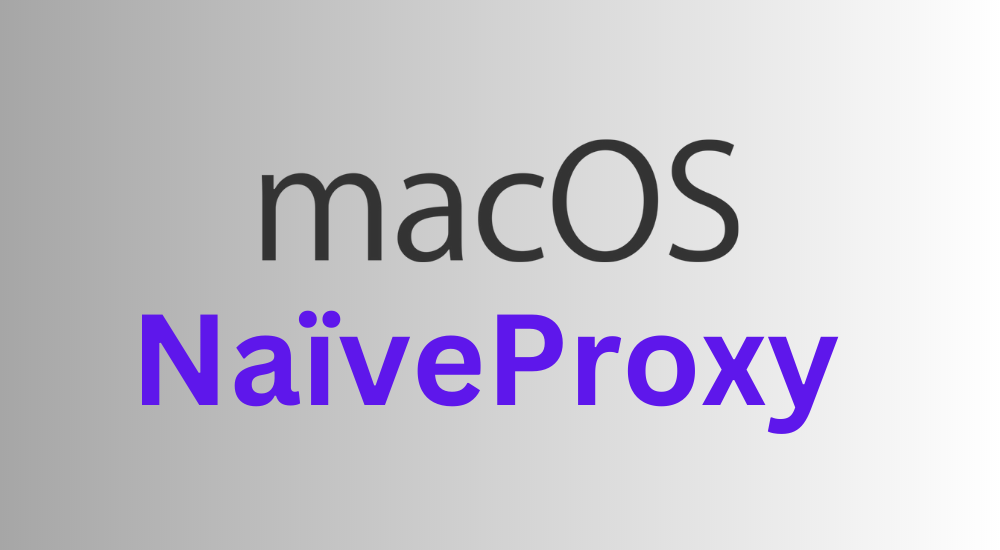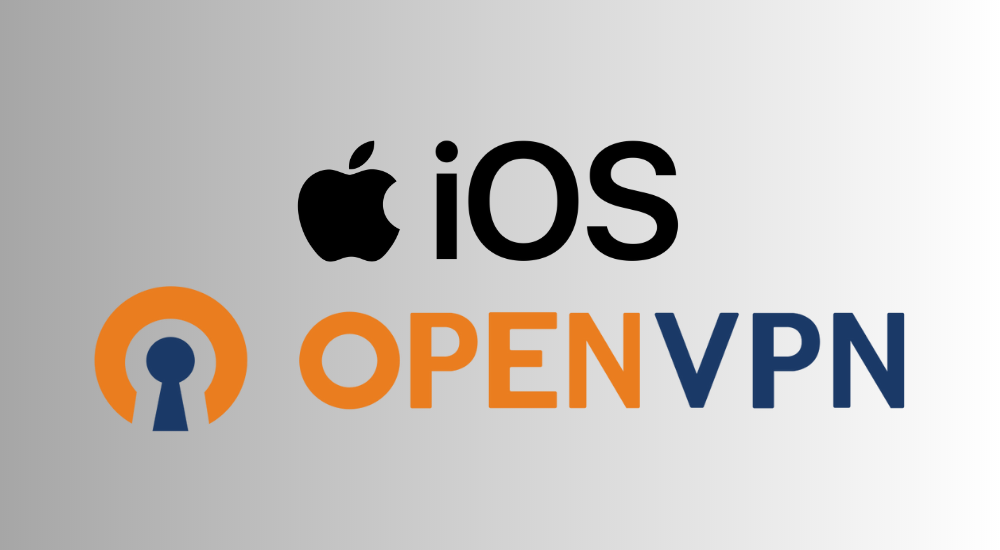

Which are the best messaging apps for privacy?
Every day, billions of people fire up their messaging apps to keep in touch with friends, family and colleagues. While these digital conversations feel intimate and secure, many people operate under a dangerous misconception: that their messages are truly private, perhaps because the app claims to use "encryption". But not all encryption is the same. When an app uses "encrypted connections", it often means that your messages are protected as they travel between your device and the company's servers. Think of it as putting a letter in a sealed envelope that can be opened at a sorting facility before being resealed for delivery. Your messages may be logged and stored for whatever purpose the company sees fit, may be subject to government surveillance, and may even be exposed to hackers if they manage to break into the servers.
In contrast, only end-to-end encryption (E2EE) acts like a locked briefcase where only you and your recipient hold the keys, keeping your messages private even from the service provider itself. This distinction isn't just jargon - it's the difference between real privacy and the mere illusion of it. Despite its importance, end-to-end encryption isn't a standard feature of all messaging apps - in fact, many popular apps still don't offer it at all or not by default. In this article, we'll review and compare some popular messaging apps that take your privacy seriously, so you can choose the one that's right for you.
Signal
Signal is a cross-platform messaging app with a strong focus on encryption and privacy. It comes with full end-to-end encrypted text chat, voice and video calling by default. It is widely regarded as one of the most secure messaging apps on the market.
What we like about Signal
- Free and open-source
- Operated by the Signal Foundation, a non-profit organization
- Good functionality and UX
- Proven to collect and store minimal information
What we don't like about Signal
- Requires a phone number
- Weak management features for large groups
- Desktop app lacks a bit of polish
WhatsApp is one of the first mobile messaging apps and is currently the world's most popular messaging app with nearly 3 billion users. It also pioneered mainstream end-to-end encryption, which has been in place since 2016.
What we like about WhatsApp
- Highly popular
- Great functionality and UX
- Consistent, polished apps across all platforms
- Good audio and video call quality even over unstable connections
What we don't like about WhatsApp
- Requires a phone number
- Be careful with the backup feature, which could expose your chat logs in plain text
- Owned by Meta, which does not have the best reputation for privacy
Session
Session is a new cross-platform messaging app that emphasizes user privacy and anonymity. Session started as a fork of Signal, aiming to build on its foundation, but the team later deviated and created their own protocol, called the "Session Protocol", for increased anonymity and decentralization.
What we like about Session
- Does not require a phone number or email address
- Uses a blockchain-based decentralized network rather than centrally operated servers
- Censorship-resistant - harder to be blocked or shut down by authoritarian governments
What we don't like about Session
- The decentralized nature of its network makes the connection slower than most other messaging apps
- Feels barebones in terms of features
Telegram
Telegram is a popular messaging app known for its speed and versatility, with nearly one billion users by 2024. What makes Telegram stand out is its support for massive groups of up to 200,000 members, powerful features and extensive customization options. But unlike all the other apps mentioned above, Telegram does NOT use E2EE by default. You have to enable it manually by starting "Secret Chats", and it's not available for groups at all.
What we like about Telegram
- Amazing UX
- Strong social networking features
- Highly developer friendly
- Highly polished apps on all platforms
- Large 2GB file transfers
What we don't like about Telegram
- Not E2EE by default & no E2EE for groups
- Requires a phone number













